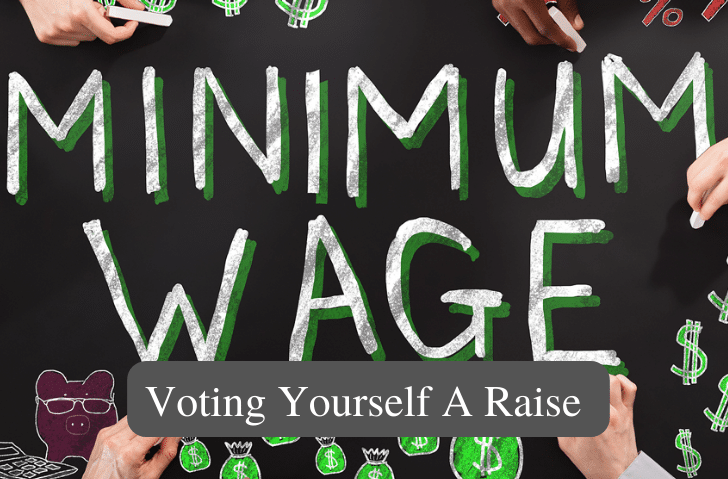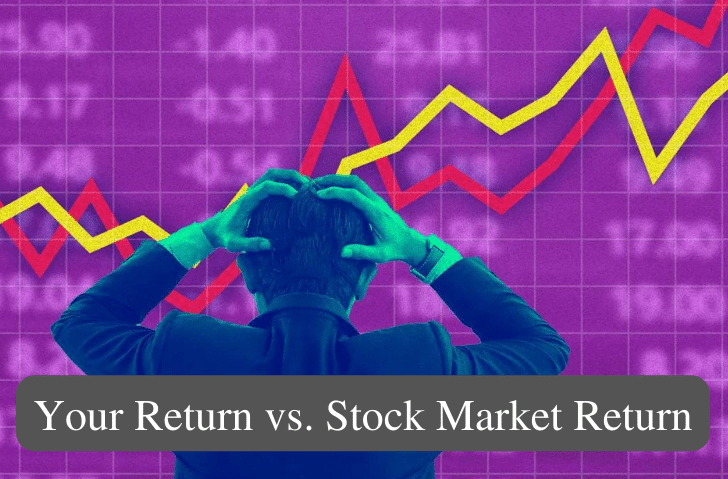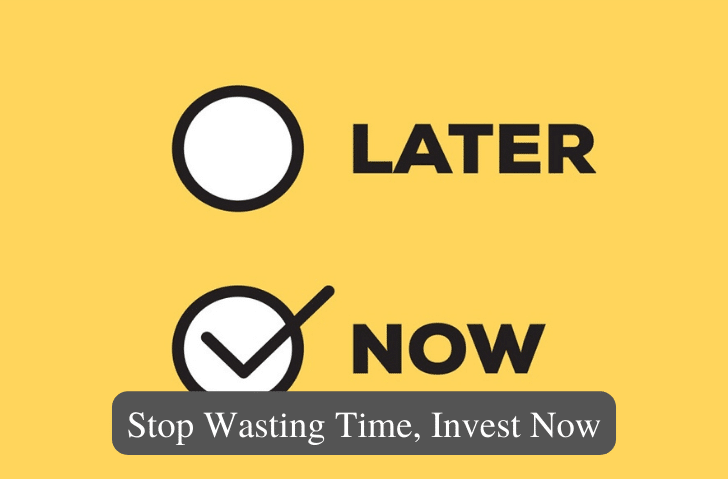Life still happens in retirement and at some point you will need a newer car. When deciding whether to buy a new or used car, it’s essential to weigh the pros and cons of each. Let’s break down the key factors:
- Depreciation
- New Car: The moment you drive a new car off the lot, it loses a significant portion of its value—around 20-30% in the first year. While you get the latest technology and features, you’re also paying a premium for that newness.
- Used Car: A used car has already gone through its biggest depreciation phase, which means you avoid the steep drop in value. Buying a car that’s a few years old can give you nearly the same benefits as a new car at a much lower price.
- Reliability & Warranty
- New Car: Buying new means you get the manufacturer’s full warranty, which can give peace of mind for several years, and you know the car hasn’t been in any accidents or mishaps.
- Used Car: While older cars may require more maintenance, many come with certified pre-owned (CPO) warranties. With the proper research, a used car can still be highly reliable, and you may even find models with the remainder of the original warranty.
- Cost
- New Car: New cars typically come with higher price tags and higher insurance premiums. You’re also likely to pay higher taxes on a new car.
- Used Car: Buying used means you’re getting a vehicle at a lower price, which can reduce your overall expenses. In addition to a lower purchase price, insurance is generally less expensive.
- Financing Options
- New Car: Dealers often offer lower interest rates or special financing deals on new cars.
- Used Car: Interest rates for used cars are usually higher, but since the initial cost is lower, the total amount financed is still smaller.
Should You Pay Cash for a Vehicle?
Paying cash for a car can be a smart financial move if you have the funds available. Here’s why:
- Avoiding Interest
When you pay cash, you don’t have to worry about paying interest on a loan, which can save you thousands of dollars over time. This keeps the true cost of the vehicle lower. - No Monthly Payments
Paying in cash means you own the car outright, and you won’t have to deal with monthly car payments. This frees up room in your budget for other financial goals or unexpected expenses.
However, paying cash might not always be the best option:
- Depleting Savings: If paying for a car in full would significantly drain your savings or emergency fund, financing may be the better option. A low-interest loan could allow you to keep cash on hand for other needs.
- Investment Opportunities: If you can secure a low-interest rate on a car loan, it might be wiser to finance the car and invest the money you would have used. If your investments earn a higher return than the loan’s interest rate, financing is a better choice.
There is no one-size-fits-all answer to whether buying new or used is better or if you should pay cash. It ultimately depends on your financial situation, priorities, and long-term goals. For those looking to minimize costs, a used car and paying in cash often make sense. If you want the latest features and a full warranty, a new car with financing may be the right choice.
Confused on how to make the best decisions towards your retirement and making sure those decisions will allow you to stay retired? Make sure to contact me.













